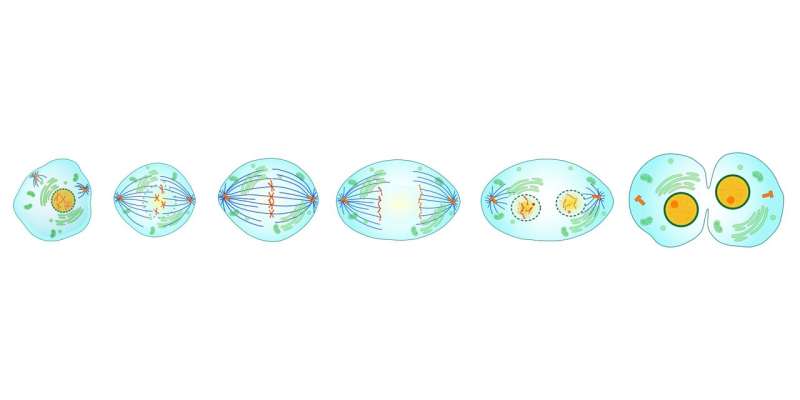fioricet used for back pain

Researchers at Rutgers University, Memorial Sloan Kettering Cancer Center, Rockefeller University, and Cornell University are teaming up to examine how the processes that regulate gene expression and chromosome behaviors can lead to health issues, including cancer, birth defects, miscarriage, zwanger na miskraam met clomid and infertility.
Cells undergo a remarkable transformation process to form eggs and sperm, which upon fertilization can form an entire organism. A key step of this transformation involves meiosis, a cell division that halves the genome content of cells. During early stages of egg and sperm development, cells divide by mitosis, the process used by most cells in our body. They then undergo a complete remodeling of the gene expression landscape, and switch to meiosis. Mis-regulation of the mitosis-to-meiosis switch can lead to tumor-like growth, depletion of the reproductive cell pool or failure to complete meiosis.
In the new Rutgers-led study in the journal Genes & Development, the researchers applied powerful methods for mapping genome-wide protein-RNA interactions and innovative genetic mouse mutants to define how the RNA helicase, YTHDC2, binds RNA and controls gene expression to regulate meiosis. YTHDC2 and its interacting protein partners form an essential pathway that controls the mitosis-to-meiosis switch. Prior to this study, little was known about the mechanisms regulating this switch in mammals.
“Our work sheds light on the genetic and molecular mechanisms that are required for normal meiosis, which is an essential step towards understanding how and why these processes go wrong and lead to reproductive disorders,” said Devanshi Jain, a principal investigator of the study and an Assistant Professor of Genetics at the School of Arts and Sciences (SAS) at Rutgers University-New Brunswick. “Additionally, as YTHDC2 has been implicated in multiple diseases, especially cancers, our work will have broad implications on those fields as well.”
Jain said this new study, along with ongoing research at the Rutgers-housed Jain Lab, explores the genetic and molecular mechanisms of meiosis, and the processes that regulate gene expression and chromosome behaviors. Researchers at the Jain Lab use the mouse model system to explore these fundamental aspects of cell biology.
Source: Read Full Article
